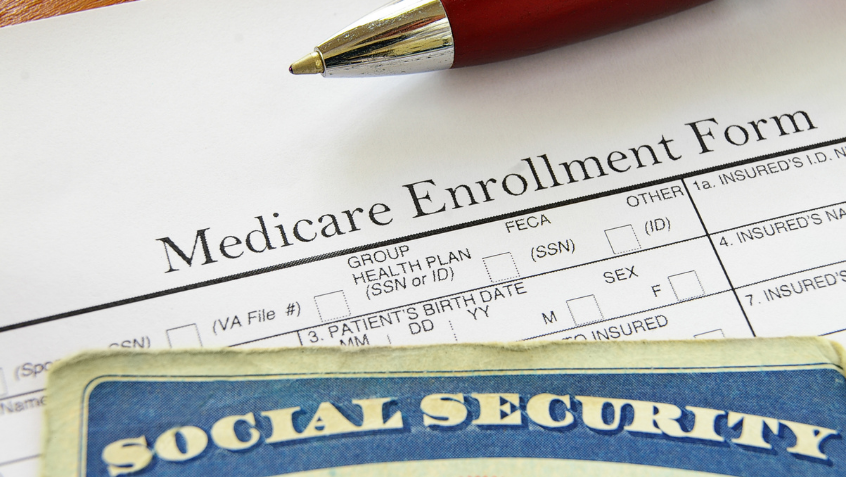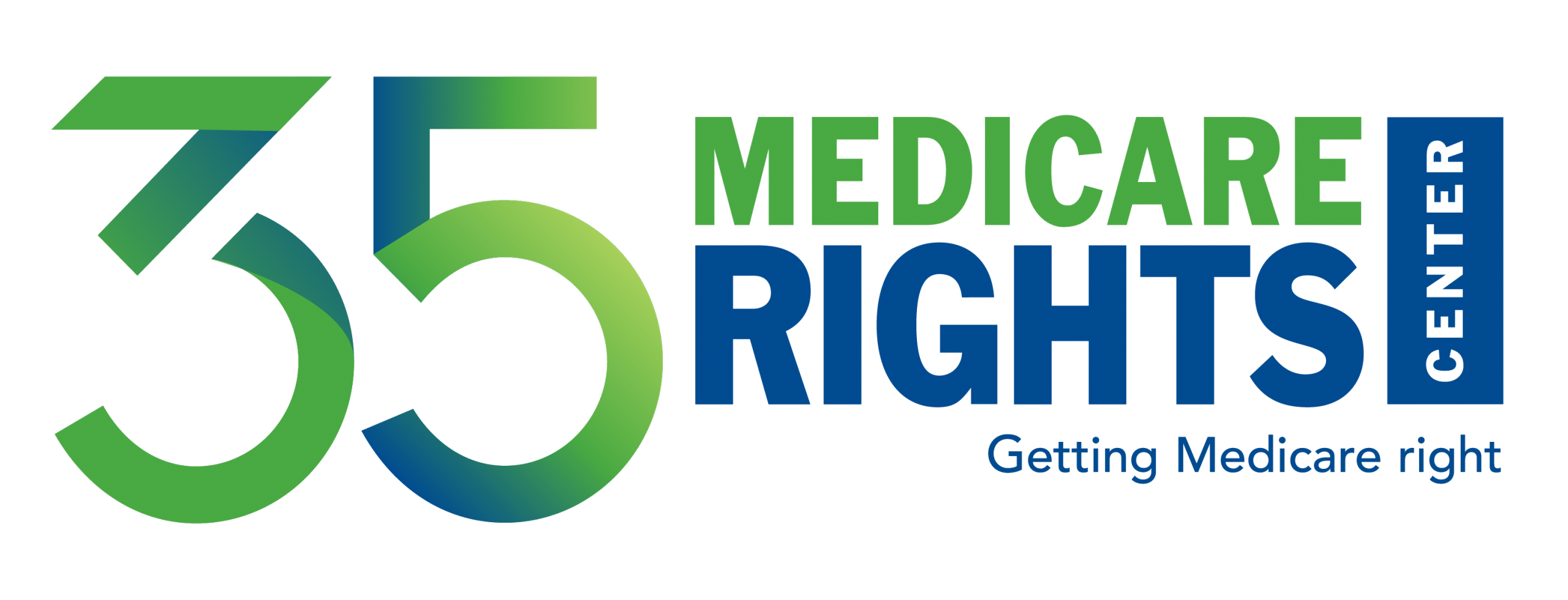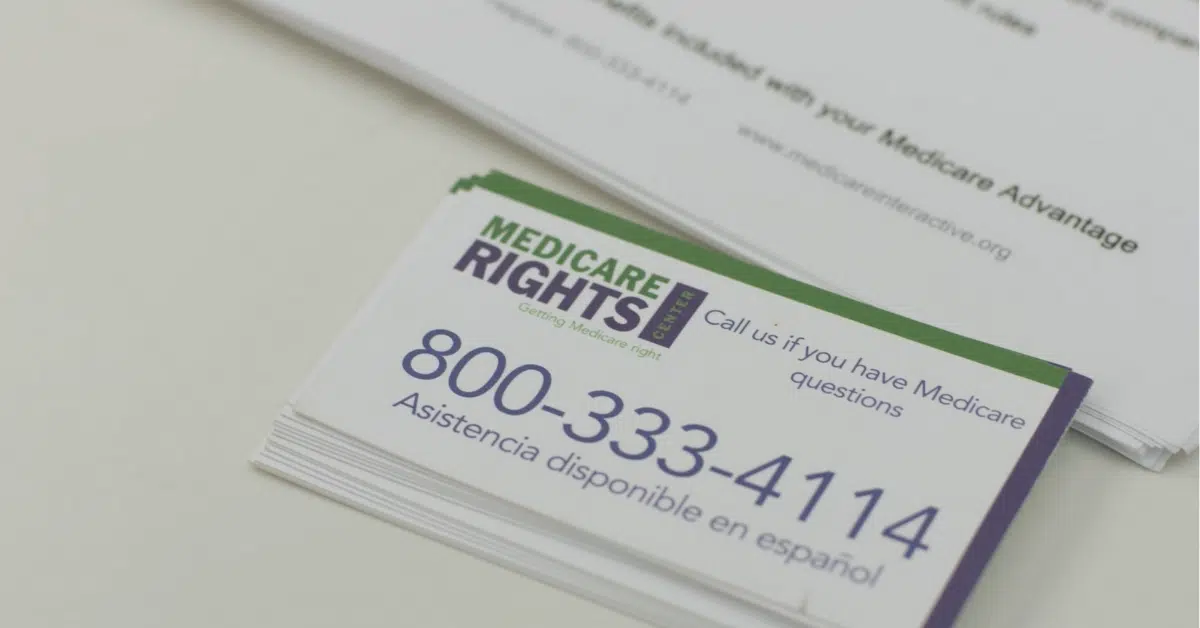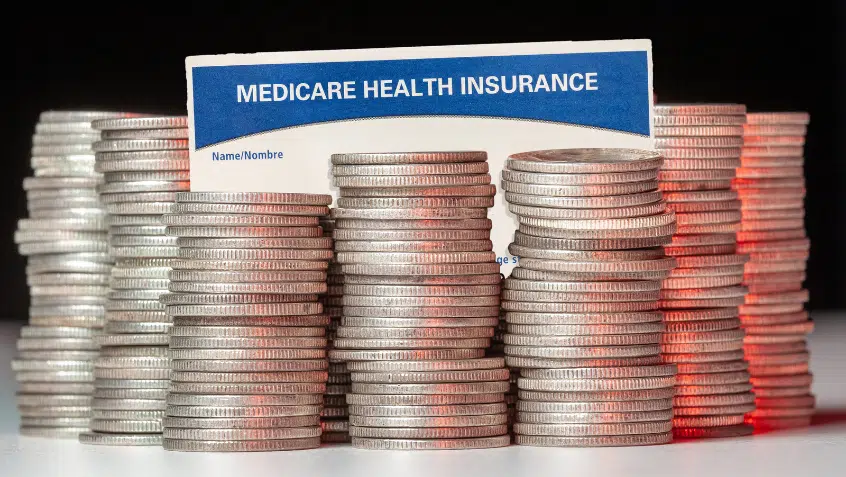Recent Steps to Improve Access to the Federal Marketplace Should Be Expanded to Include Medicare

The Biden administration has taken a number of steps to respond to the COVID-19 public health emergency, including outlining a national strategy and issuing executive orders to spur the implementation of that framework.
Among the recent White House directives are several aimed at improving access to care and treatment. This is an especially critical goal for older adults and people with disabilities, as they have a high risk of infection, serious illness, and even death from the virus, as well as disproportionate rates of unemployment from the resulting economic crisis.
We are encouraged that the January 21 executive order, “Improving and Expanding Access to Care and Treatments for COVID-19,” directs the U.S. Department of Health and Human Services (HHS) to “evaluate Medicare” and other health programs and to “take any available steps to promote insurance coverage for safe and effective COVID-19 treatments and clinical care.”
However, the concrete improvements to date currently exclude the Medicare program and those who rely on its coverage. For example, the January 28 executive order, “Strengthening Medicaid and the Affordable Care Act,” asks HHS to establish a Special Enrollment Period (SEP) for federal Marketplace coverage “in light of the exceptional circumstances caused by the ongoing COVID-19 pandemic.” We applaud this decision. As outlined in a fact sheet from the Centers for Medicare & Medicaid Services, this enrollment pathway will help more people obtain affordable, comprehensive coverage during the public health emergency.
As significant as this SEP is, it leaves some people behind. It will not help those who are eligible for Medicare and unable to quickly enroll or use their earned benefits. They are no less impacted by the pandemic. Accordingly, we urge policymakers to ease enrollment across federal health care programs. Doing so would appropriately recognize that all Americans are facing “exceptional circumstances.”
As we note in our transition memo, “The COVID-19 pandemic and its attendant economic fallout will have a lasting impact on people with Medicare and on the program itself. While additional interventions may be necessary as the situation evolves, the administration must first focus on reforms that are urgently needed to help people with Medicare maintain their health, safety, and independence.”
This includes helping people connect with their Medicare at a time when they need it most.
Read Medicare Rights’ policy recommendations for the Biden administration.
The Latest
Most Read
Add Medicare to Your Inbox
Sign up to receive Medicare news, policy developments, and other useful updates from the Medicare Rights.
View this profile on InstagramMedicare Rights Center (@medicarerights) • Instagram photos and videos










